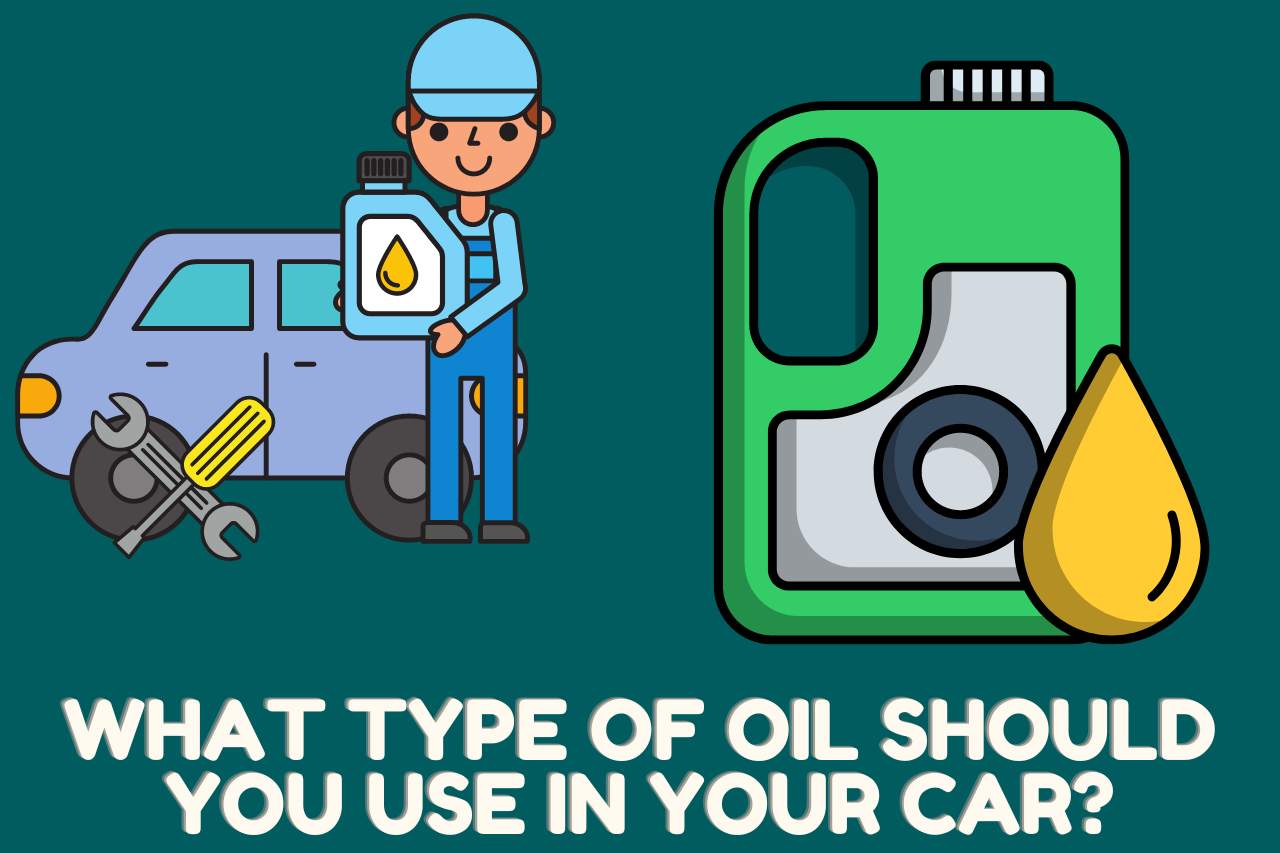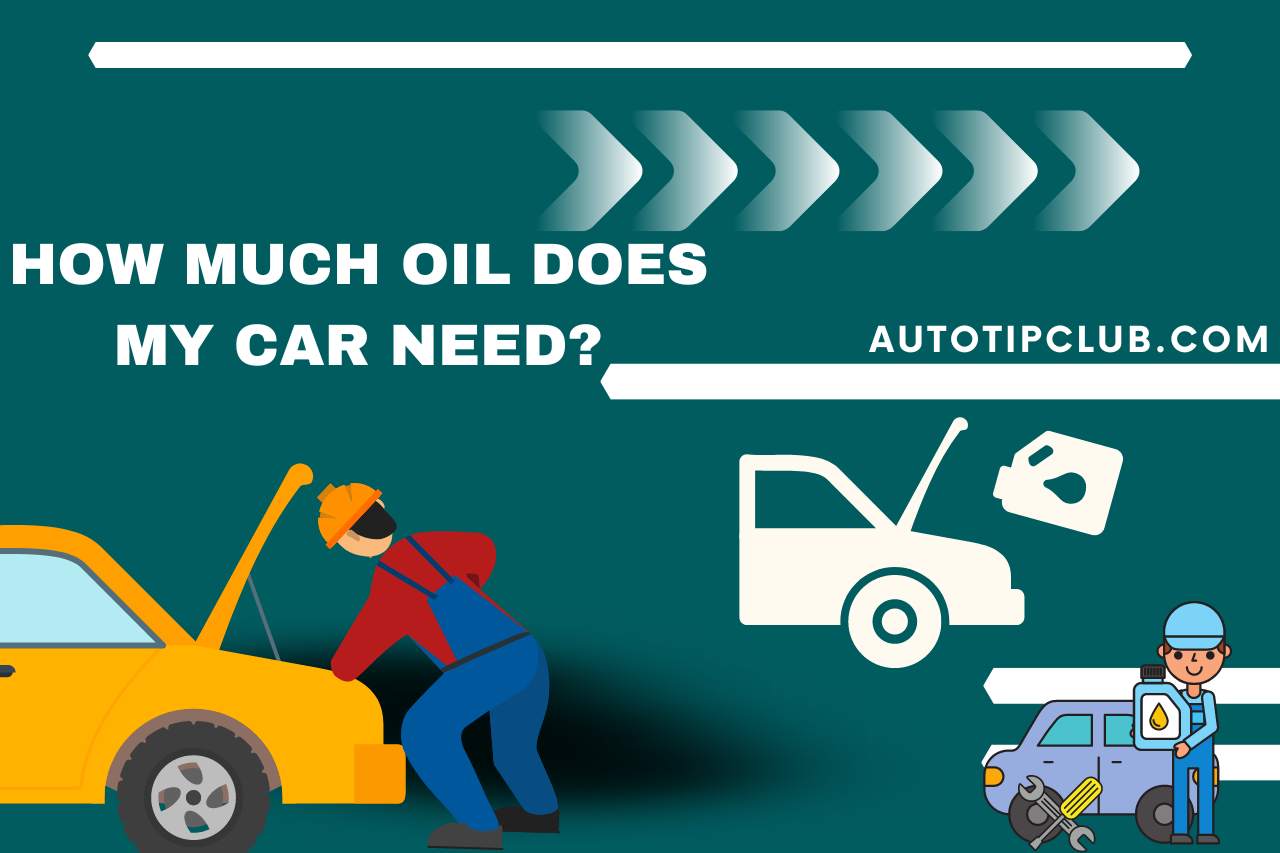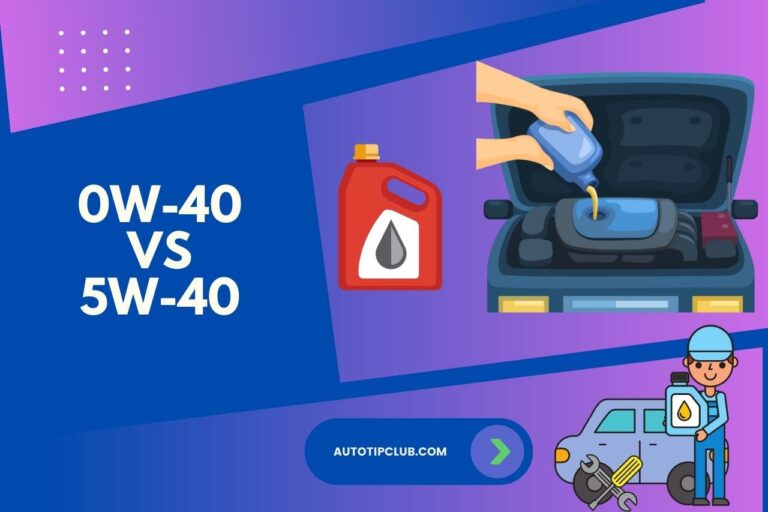How Much Oil does My Car Need? (Tips for Checking Your Car Oil)
If the oil levels in your car are not correct, it is not new to face issues in overall performance. Because technically, if you want the car to function effectively, you must maintain the oil levels properly. If you need to increase the lifespan of your car, it is crucial to understand that maintenance is key. Thus, the proper oil levels in your car are one of the keys to maintaining the vehicle’s health. But a question that makes most car owners wonder is how much oil does my car need. You are not alone because these uncertainties and confusions are normal to all new car owners. But you are at the right to find the answers because, in this article, you can find out the answers to how much oil does my car need and other topics that relate to the answers. Thus, ensure you read the article very end.
What is the Importance of Maintaining the Correct Oil Level in your Car?
If you are not maintaining the right oil levels in your car, that is when you will have to face all the conflicts. Because everything is important when maintaining the right oil levels, as low levels can significantly drop your car’s overall performance. Thus, we have listed why maintaining your car’s oil levels i
Essential in the Following
- The correct oil level will ensure the engine is properly lubricated for a smooth drive.
- Lubricated parts will minimize the damage because of less corrosion when the parts rub.
- Maintaining the correct oil level also increases your engine’s lifespan because the internal parts are less exposed to damage.
- If the oil level is right in your car, it also acts as a coolant to the engine by maintaining a moderate temperature. Because of the lubrication and less friction between the parts, it will run the engine smoothly, preventing the engine from overheating.
- The correct oil levels in your car reduce the engine system’s dust, debris, and carbon buildup.
- Since the engine is well lubricated with the correct oil levels, it runs smoothly and, as a result, consumes less fuel. Thus, the right oil levels are also effective on your fuel economy.
- When the engine system is free from dirt, the gas emission from your vehicle is also less harmful to the environment.
How to Check the Oil Level in your Car?
Though you can check the oil level if full or low in the engine dashboard, checking it physically in your tank will help you to determine the accuracy. Hence, before you check the oil level in your car, ensure you follow safety precautions because if the engine is hot, it can cause damage. It is advised to wear a pair of safety gloves and a mask before you start.
- Park the car on an even surface; this will help accurately measure the oil level.
- Turn off the engine, and let the vehicle cool for a few minutes.
- Open the car hood, and locate the fuel tank.
- Clean the dipstick with a paper towel and insert it inside the fuel tank till it reaches the end.
- Now pull the dipstick out and check the oil level.
What Type of Oil Should you Use in your Car?
When selecting a coil for your car, you must ensure that the oil type is correct because using the wrong type or cheap brands can be the downfall of your engine. Thus, when selecting an oil type for your car, it is vital to consider the following tips.



-
Synthetic
Synthetic oil is often referred to as a type that includes synthetic materials that can increase the car’s overall performance. Synthetic oils are also slightly more expensive than regular motor oils because they have minerals that make the engine effective. You will also not need frequent oil changes when using synthetic oil because the lubrication lasts longer than the usual motor oils.
-
Viscosity
If you are using your car in hot areas or engaging in activities that stress the car engine, selecting a thicker motor oil with better viscosity is better.
-
Minerals
When selecting an oil, it is essential to check the minerals basing it and the ingredients to check if it is safe for your car. Mineral oils are comparatively safer and more biodegradable because they are manufactured with natural ingredients than chemicals.
-
SAPs
SAPs is a Sulphur based oil, which can be slightly stronger for your car. If you have a light-use car, selecting an oil with low SAP is recommended.
-
Higher-mileage Motor Oils
Higher-mileage oils are used if you are driving more than 75,000 miles, as it is designed to increase the protection of your engine during a long drive.
How Much Oil does My Car Need?
According to professionals and mechanics, your car might need approximately 4 to 8 liters to fill the fuel tank. But the capacity required changes because not every vehicle has the same engine capacity.
Since this is one of the most important questions for new car owners, you might be worried about how long you can drive with a full tank; well, again, The answers vary with the different factors. However, the average miles you can drive on a full tank is approximately between 200 to 400 miles.
What are the Consequences of Overfilling or Underfilling your Car with Oil?
Too much oil or less oil will have a negative effect on your engine. If your engine is overfilled, it is a waste and increases the pressure inside the tank. When the pressure limits exceed, they can result in the seals breaking out, causing leakages.
Underfilling, in contrast, will decline the overall performance of your vehicle, as previously stated.
How Often Should you Change your Car’s Oil?
Changing your car’s oil every 3000 miles is recommended, but the improved engines in modern vehicles can run the car up to 10,000 miles effectively without an oil change.
Watch this one,
Video Credits – CD How To
You May Also Like
- What Does a Car Sound Like When It Needs Oil? Warning Signs!!!!
- How to Reset Oil Life on Chevy Malibu? [All About Chevy Malibu]
- How Long Does an Oil Change and Tire Rotation Take? [Find Out]



My name is Robot McCullum, and I’m an Automotive Engineer with 20+ years of experience in the automotive field. I’ll give you step-by-step instructions for recognizing and fixing complicated technical problems in an uncomplicated manner. www.AutoTipClub.com, is your best resource for in-depth tutorials, insightful tips, and practical advice designed and developed either for seasoned vehicle collectors or daily drivers.


![How Long Does an Oil Change and Tire Rotation Take? [Find Out]](https://autotipclub.com/wp-content/uploads/2022/12/How-Long-Does-an-Oil-Change-and-Tire-Rotation-Take-768x512.jpg)




